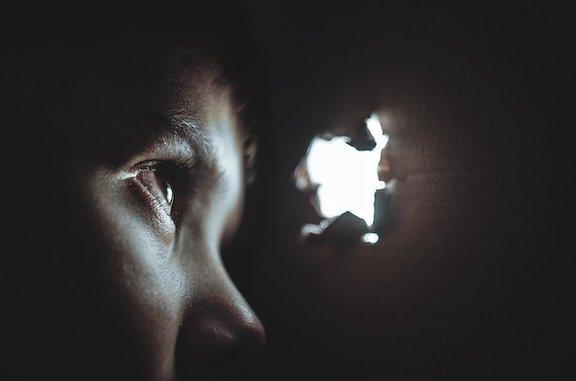
Today I will be giving all of us some further information to ponder as we consider the ramifications of legalizing marijuana for recreational use. I would like to repeat that it is my belief that marijuana has a place as a form of medical treatment for chronic intractable pain syndromes.
As I mentioned in Part I of this series, I have referred patients for this form of pain management in the past with positive results, understanding that this, like any other form of drug therapy, will invariably have side effects. It is also worth noting that every patient will have a different response to this drug just like any other drug. The response is dependent upon many variables such as genetics, lifestyle, and various comorbidities.
The information that I am referencing, as I noted in Part I, is from a presentation by Alex Berenson. Mr. Berenson graduated from Yale University with degrees in history and economics. He was an investigative journalist for the New York Times for more than 10 years. He has published a number of books on a variety of topics. You can find them at these links: “The Number: How the Drive for Quarterly Earnings Corrupted Wall Street and Corporate America,” and “Tell Your Children: The Truth About Marijuana, Mental Illness, and Violence.” I have reviewed much of the research on the subject and concur with Mr. Berenson's findings.
I know that much of what I will share with you will cause controversy although as of the date that I am writing this piece, I have not received any strongly worded responses from readers. I simply ask that you listen to the facts that I present, consider them, and then formulate your own opinion based on this information and your further research.
VIOLENCE
What I would like to touch on this week is the relationship between cannabis use and violence. Most of us think of “pot” as a drug which “mellows you out”, calms you down, and relieves stress and anxiety. However, many studies point in a different direction. This is particularly true for individuals who already have psychological problems of varying types.
A study published on the Swiss journal Frontiers of Forensic Psychiatry tracked 265 psychotic patients over a three-year period. These researchers found that individuals using cannabis had a 50 percent chance of becoming violent. This statistic is sobering, particularly when compared to with those patients who did not use the drug. That statistic amazingly was 4 times higher when compared with those individuals who were diagnosed with psychosis but did not use cannabis, even after adjusting for other variables such as alcohol use.
Another study published in the Italian Psychiatric Journal in 2013 followed 1600 psychiatric patients. It similarly found that cannabis use was associated with a ten-fold increase in violence.
The mode of this violent instigation when combining psychiatric diagnoses such as psychosis with cannabis is the effect that the drug has to cause paranoia.
Another paper published in the Medical Journal of Australia in 2007 studied 88 defendants who had been charged with homicide, homicide which had been found to have occurred during a psychotic episode. The information presented indicated that the individuals thought that they were in some form of danger from the victim. Two-thirds of these individuals reported misusing cannabis more than alcohol and amphetamines combined.
Admittedly, years of similar research has demonstrated that alcohol is a major risk factor for not only domestic abuse, but also for assault, as well as murder.
COMING UP....
The relationship between the use of cannabis and violence, however, does not appear to be relegated just to those with mental illness, specifically psychosis. In next week’s installment of this series of articles on marijuana, I will review other information about physical abuse of both adults and children as well as other violent crimes that demonstrate a direct link to marijuana.
I hope that you will take the time to do further research on the information I am presenting in this series. Regardless of the state in which you reside, if it has not yet legalized marijuana yet, you will soon find that it will be on the ballot or will be legislated in some way to legalize this drug. Please consider all of the ramifications of legalization before you make your decision.
